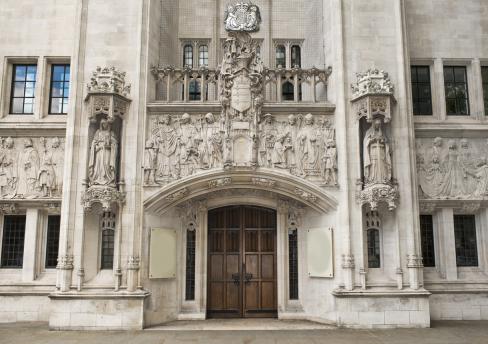
Those of us growing up in the 1980s were all too aware of the dangers of machines thanks predominantly to Arnold Schwarzenegger's efforts in the Terminator films to prevent Skynet (the fictional AI software) becoming self-aware and enslaving the human race on judgement day. Thankfully, judgement day (which in the films was 29 August 1997) has long since passed without incident and although we are all slaves to smartphones and watches, Siri is yet to rise up against us preferring instead to benevolently suggest the best route home each day.
In the legal sector, the proper use of advances in technology and AI is allowing lawyers to provide clients with a better service. With law firms spending millions on case management software, there is increased pressure on courts to embrace technology and use it to its full potential. In Scotland, our courts are continuing to develop better technology for the benefit of lawyers and clients alike and it is important that they continue to make improvements in that regard in order to maintain their position as the first port of call for dispute resolution. Technology must always make court work easier or we may see lawyers increasingly turning to other forms of dispute resolution such as arbitration or mediation. For the more adventurous litigant online dispute resolution (ODR) such as Kleros which uses Blockchain to put litigants in the hands of online jurors, or Smartsettle which uses AI to resolve disputes may become increasingly attractive, cutting lawyers out of the loop altogether.
The use of AI is not restricted to ODR. There isn't a client in the world who wants to pay for routine work that can be carried out by a machine for nothing. In 2017 a study by McKinsey found that around 25 per cent of all lawyers' jobs could be automated. In bigger jurisdictions such as the USA or England & Wales, AI is already assisting in litigation discovery or document review. In Scotland, our court system has less intensive discovery requirements but more simple technological change such as digital dictation software or online legal research software continues to make it easier to provide clients with a high quality service at a reasonable cost.
But more significant change may be on its way. Many experts (such as Richard and Daniel Susskind, The Future of the Professions (2016)) predict that the legal profession will change more in the next 20 years than in the past 200 primarily due to advancements in technology. The profession in Scotland will be no different and we need to be ready for it. In addition to the practical challenges there will be serious ethical questions arising from the use of machines to provide legal advice. If the machine makes a mistake, then who is responsible?
The “rise of machines” is something that lawyers ought to see as an opportunity. One of Europe's leading futurists, Gerd Leonhard has said, "If anything that can be automated will be automated, then anything that can't be automated will become more valuable". Many of the skills that lawyers have are inherently human skills - expertise, creativity, emotional intelligence and critical thinking. There may come a day that machines can replicate these skills as well but that day is a long way off. Making the most of our future involves developing these human skills and, if we do so, then perhaps integrating these skills with technological innovation will benefit the profession and our clients.
This article originally feature in LexisNexis on 25 November 2019.
The content of this webpage is for information only and is not intended to be construed as legal advice and should not be treated as a substitute for specific advice. Morton Fraser LLP accepts no responsibility for the content of any third party website to which this webpage refers. Morton Fraser LLP is authorised and regulated by the Financial Conduct Authority.









